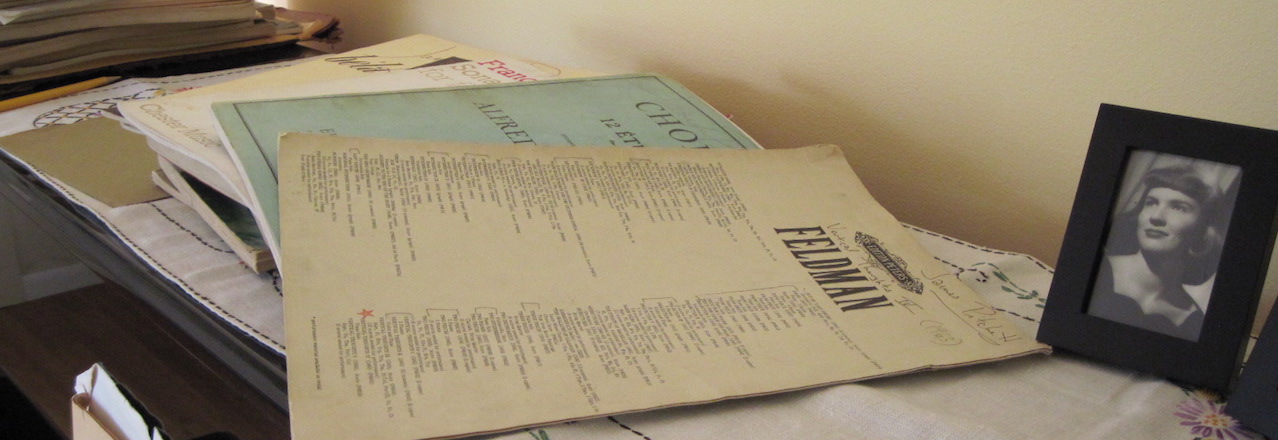After getting excited about Rite of Spring, last month I decided that it was time to play something from that early 20th century modern period. When I was in high school and college I loved that literature and played it often. The Prokofiev 7th piano sonata, for example: the last movement was a go-to piece for me when I started at University of Maryland. I played the Bartók sonata on my junior recital, and then opened my senior recital with the Stravinsky Serenade en la (followed by Brahms, Scriabin, Bach, and Cage). But I haven’t really done any of this kind of thing since I started playing again, and it was on my list to do “something modern” on my personal plan for the year.
I chose Bartók’s Fourteen bagatelles, Op. 6. I’ve had the score for years; I think I was considering it for my junior recital, but decided to do the sonata instead. I read through them and really enjoyed their diversity and quirkiness. But when I started to try to learn them, I just couldn’t make great progress. I tackled the tenth one early on because it’s so difficult that I knew I’d need some time for it. I toiled away, but just couldn’t get it to sound like music, and couldn’t get engaged enough to really figure out what I needed to do.
I got disappointed and discouraged. I felt like I had lost some kind of technical capability that was needed to do this stuff. That might very well be true: I’m not sure. But at some point, I realized that the difference between playing the Bagatelles and the things I’d been playing before (Chopin, Schumann, Feldman, Beethoven) was largely mental. It’s not just a matter of being able physically to play the notes: different music requires different kinds of mental energy, different kinds of engagement and thought. I’ve always been aware of this with things like Cage or Feldman, but with older repertoire that fact slipped under my radar. This first showed up when I tried shifting gears from Chopin to Bach a few months ago. I picked up the Well-tempered clavier and started to learn a prelude & fugue and found that it was like learning how to speak a foreign language. Halting and awkward at first, then gradually more fluency.
The Bartók was another case of this, but surprising to me. This had been my native language years ago, and now it seemed so foreign—and, frankly, just not all that engaging or interesting. Sure, they are great pieces, but I couldn’t get motivated to train my mind to speak their language. I kept at it for a little while after I had this realization, keeping at it in the way that you keep reading a book that you’re just not that interested in: you want to finish the thing you started, even though there’s really no reason to feel obligated. I’ll take another whack at something from that period again later (I think I’d like to revive the Stravinsky Serenade).
So a week or two ago I put the Bartók down and picked up Schubert. After hearing Aki Takahashi’s beautiful performance of the G major sonata (D. 894) in New York City a little while back, I realized that’s what I wanted to play now. I’ve started learning it, and after practicing it I keep saying to Frances, “Wow, that’s just so beautiful.” It also keeps reminding me of Morton Feldman’s music—but then almost everything reminds me of Feldman these days. Still, the way the sound emerges and recedes from silence; the way he’s so attentive to register, weight, and spacing; the sense of something larger than the merely personal; all these put me in mind of Feldman. And for some reason it seems like a perfect piece for springtime. The garden is getting going, the windows are open, and I like the idea of this Schubert flowing out into the greening world. Not a modernist spring, not Stravinsky’s spring, but the spring of the Romantic landscape.

Thank you for these thoughts!